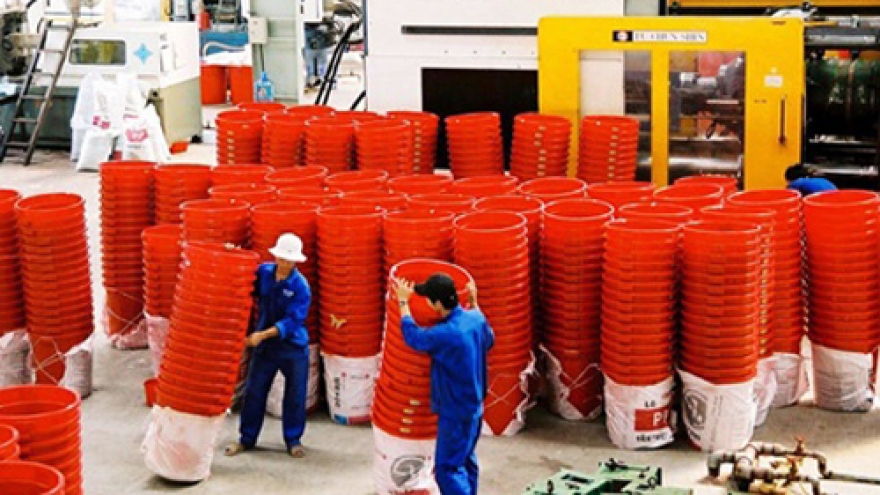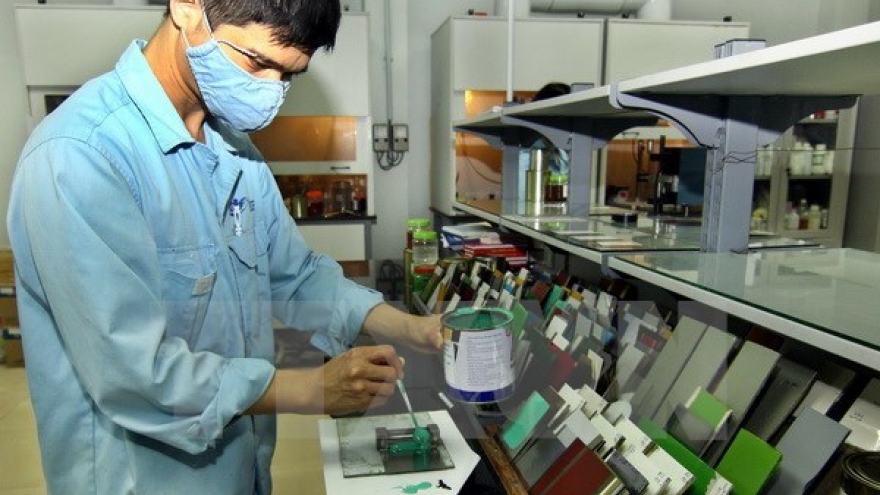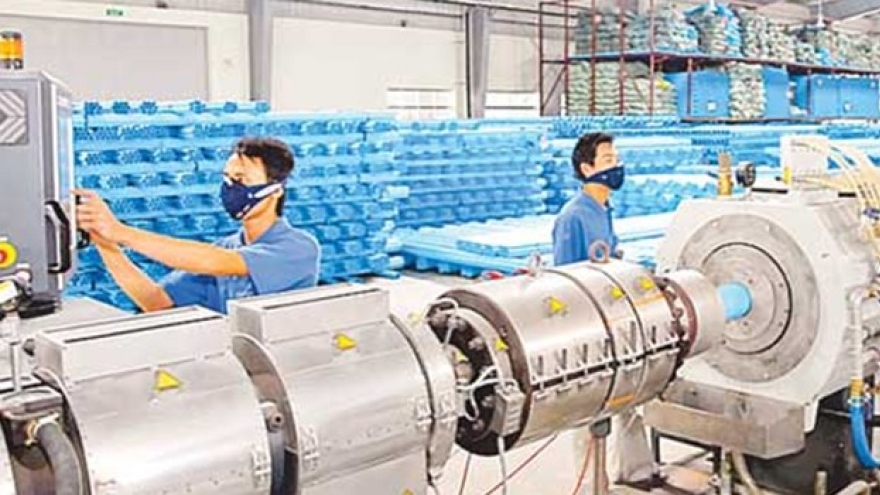Vietnam’s plastic sector eyes alternatives
The Vietnam Saigon Plastic Association will focus on research to develop renewable raw materials replacing fossil-based materials for making plastics in the 2016-20 period, its president has said.
 |
The association would work to enable more members to join the industry’s human resource training programmes arranged by the city in collaboration with partners from France and the Republic of Korea (RoK), he said.
It would enhance cooperation with the Phuong Nam Scientific and Technological Institute to implement a programme called “Decoding technology”, which has been trialled since last year, to help plastic firms execute all contracts with Japanese and RoK firms related to supporting industries, he said.
They have the technological capability to accept 80-90 percent of outsourcing contracts from foreign firms, he said.
The association on April 27 signed agreements with the HCM City Computer Association and HCM City Association of Mechanical Engineering to respectively develop an online trading platform for plastic products and mechanical engineering services.
These are among the tasks to be carried out in the next five years to ensure the industry’s development, Trang said.
Prof Nguyen Ngoc Giao, President of the HCM City Union of Science and Technology Association, said Vietnamese firms, including those in the plastic industry, mainly used imported technologies.
For its long-term development, each country should develop its own technologies, he said.
The Government encourages local firms to invest in research, but progress remains slow since enterprises are afraid of the risks involved in developing their own machinery and the Government’s support policies are admittedly vague.
Trang said it was hard for local firms to take advantage of the Government’s support policies, including interest rate subsidies. He was referring to red tape at banks.
According to the Ministry of Industry and Trade, the plastic sector’s exports grew at an average of 12.9% in 2011-15 to reach nearly US$2 billion last year.
Vietnamese plastic products are exported to 80 countries and territories, with the US and the EU being large importers, Trang said.
The association regularly organises meetings to apprise its members about free trade agreements the country signs to help them capitalise on opportunities they throw up and cope with challenges, he said.-



